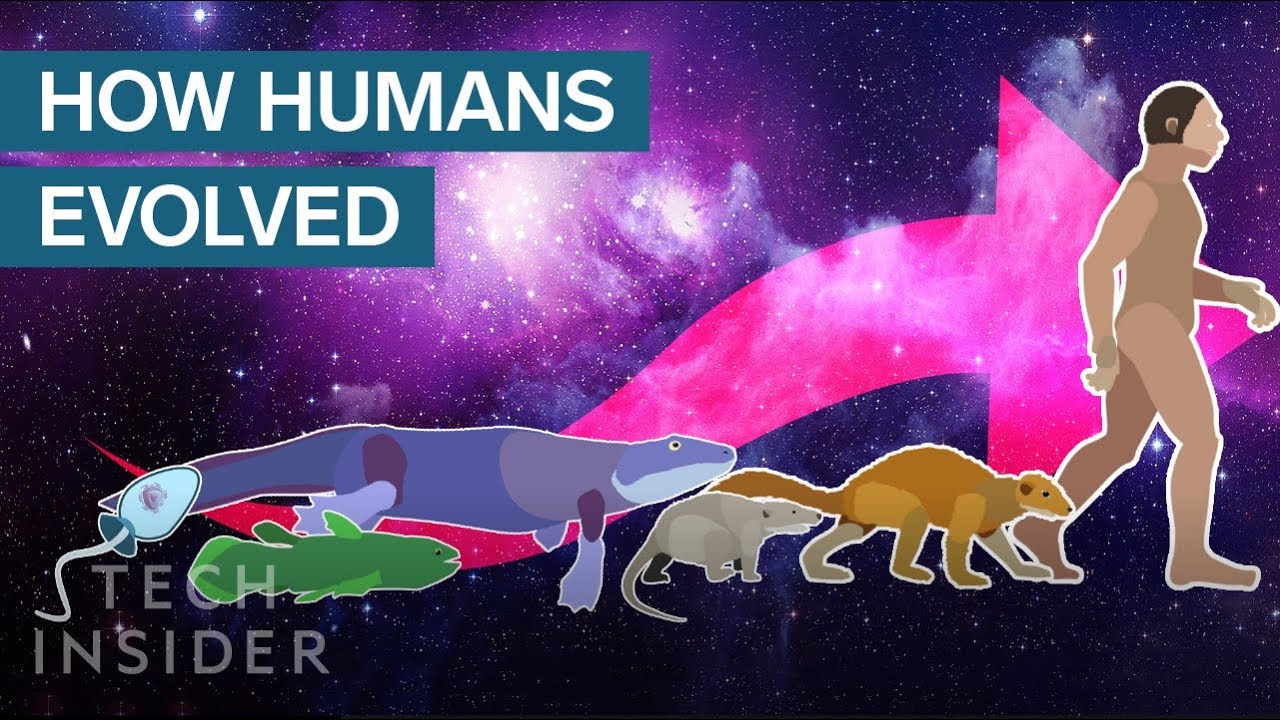Incredible Animation Shows How Humans Evolved From Early Life
Humans have had a long history. 3.8 billion years in the making, to be precise. From the primordial puddle to the modern day, here’s how humans have evolved from the first life. The following is a review of the life forms depicted in the video: Prokaryote, Cyanobacteria, Eukaryote, Choanoflagellate, Platyhelminthes (Flatworms), Pikaia, Haikouichthys, Agnatha, Placodermi, Cephalaspis, Coelacanth, Panderichthys, Tiktaalik, Acanthostega, Ichthyostega, Hynerpeton, Tulerpeton, Westlothiana, Hylonomus, Phthinosuchus, Cynognathus, Repenomamus, Juramaia, Plesiadapis, Carpolestes, Aegyptopithecus, Proconsul, Sivapithecus, Ouranopithecus, Orrorin, Ardipithecus, Australopithecus, Homo erectus, Neanderthal, Homo sapiens. Special Thanks to Dr. Briana Pobiner, Research Scientist and Museum Educator of the Human Origins Program, Department of Anthropology at the Smithsonian Institute.

